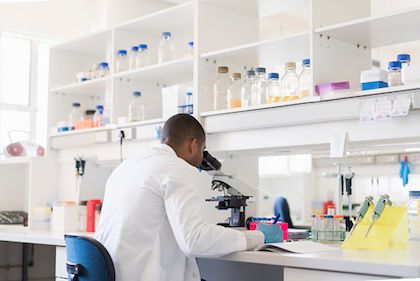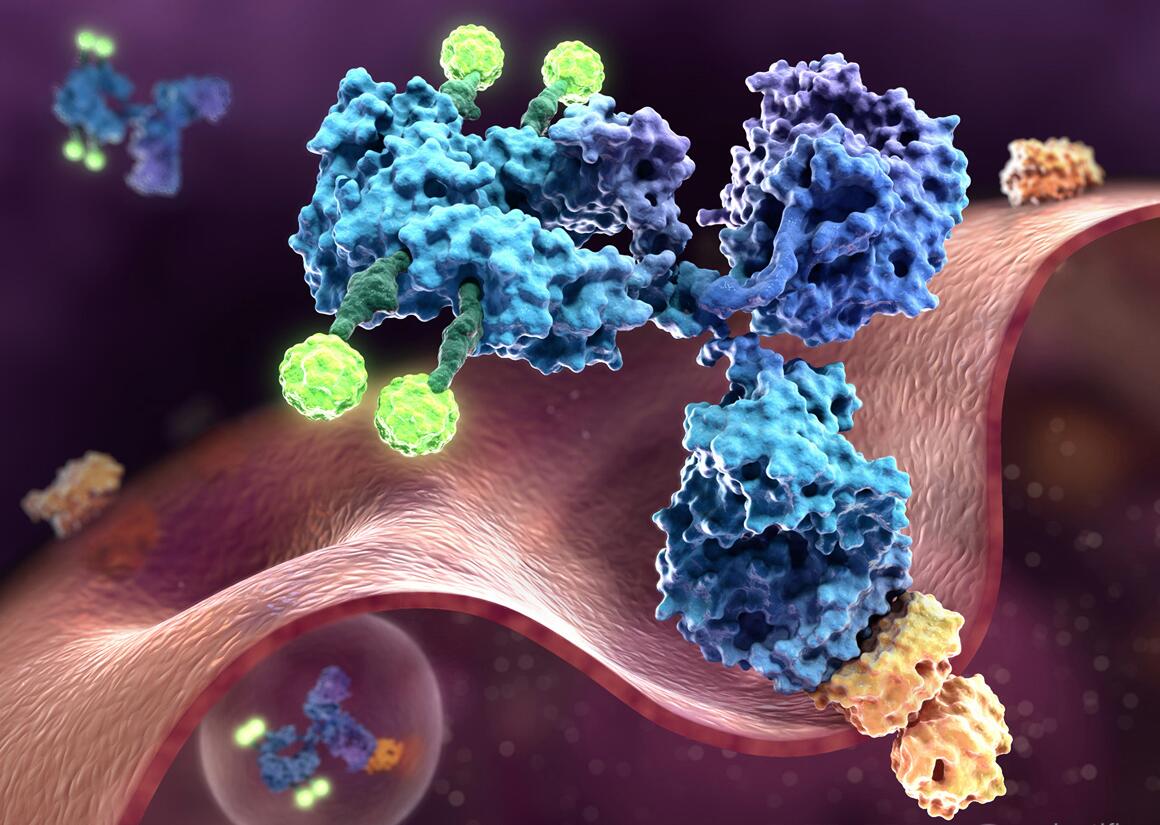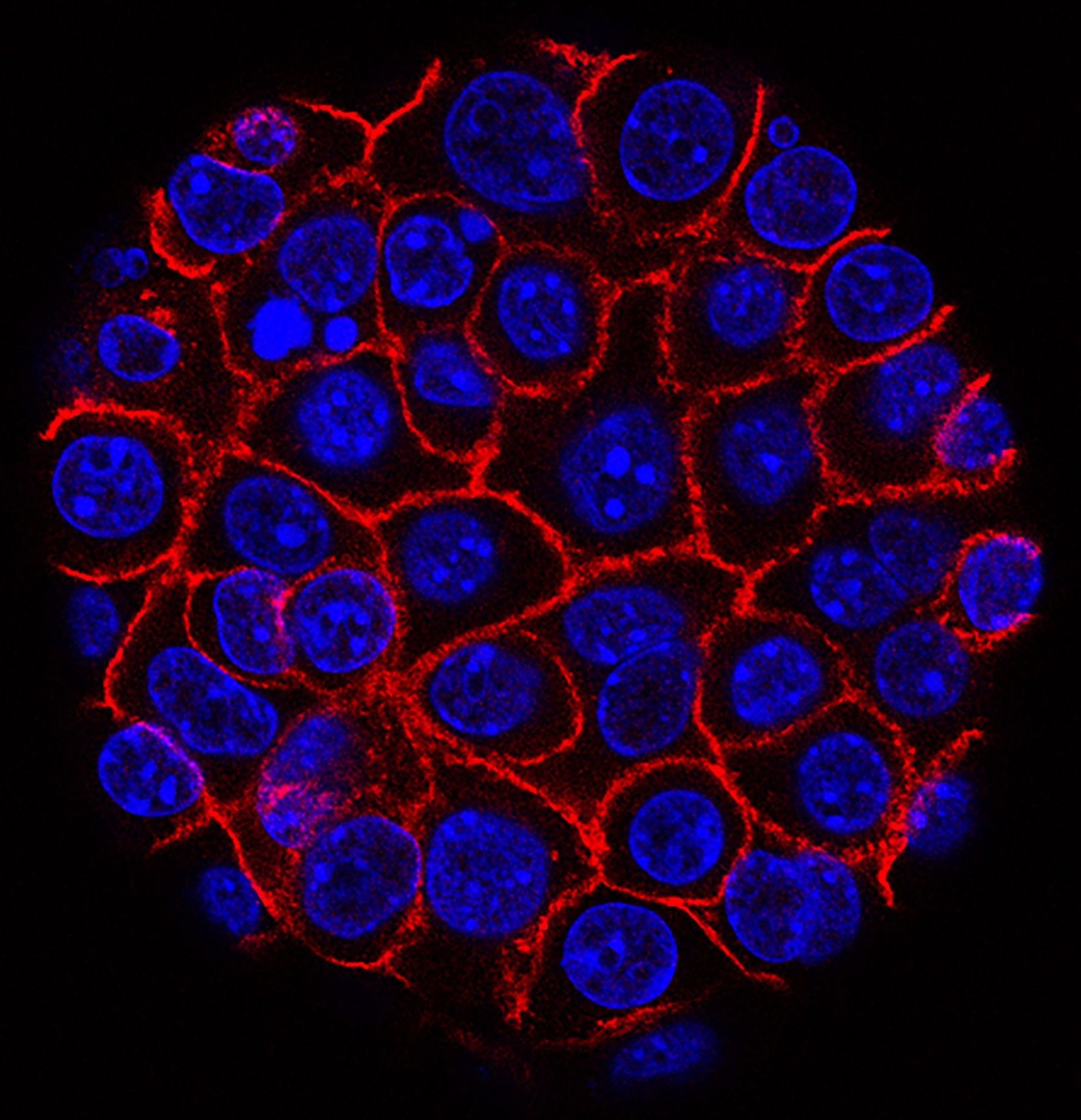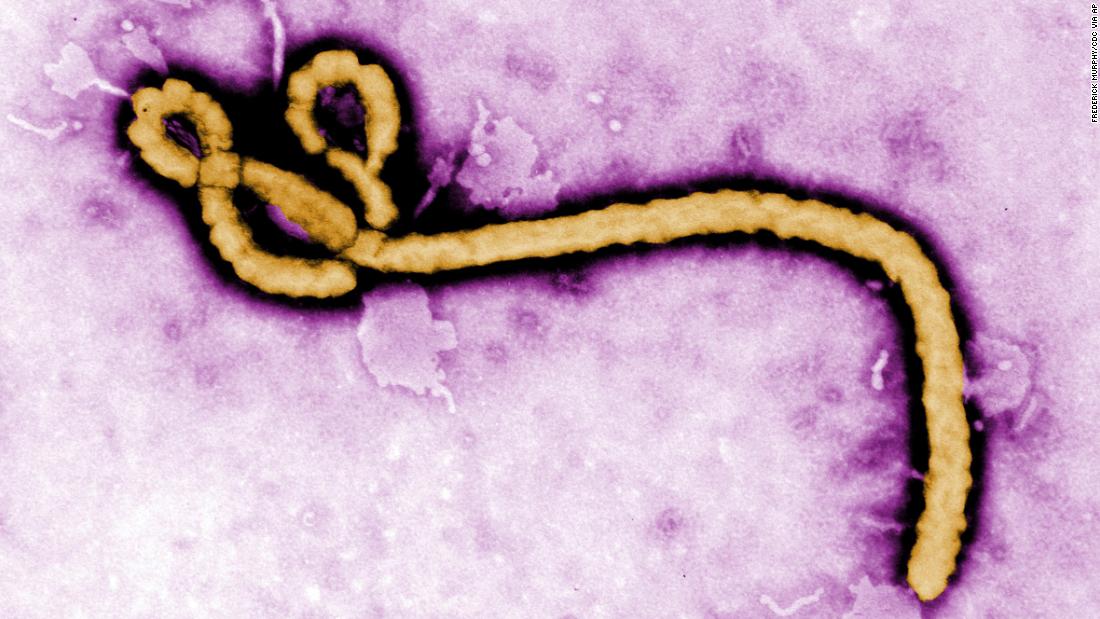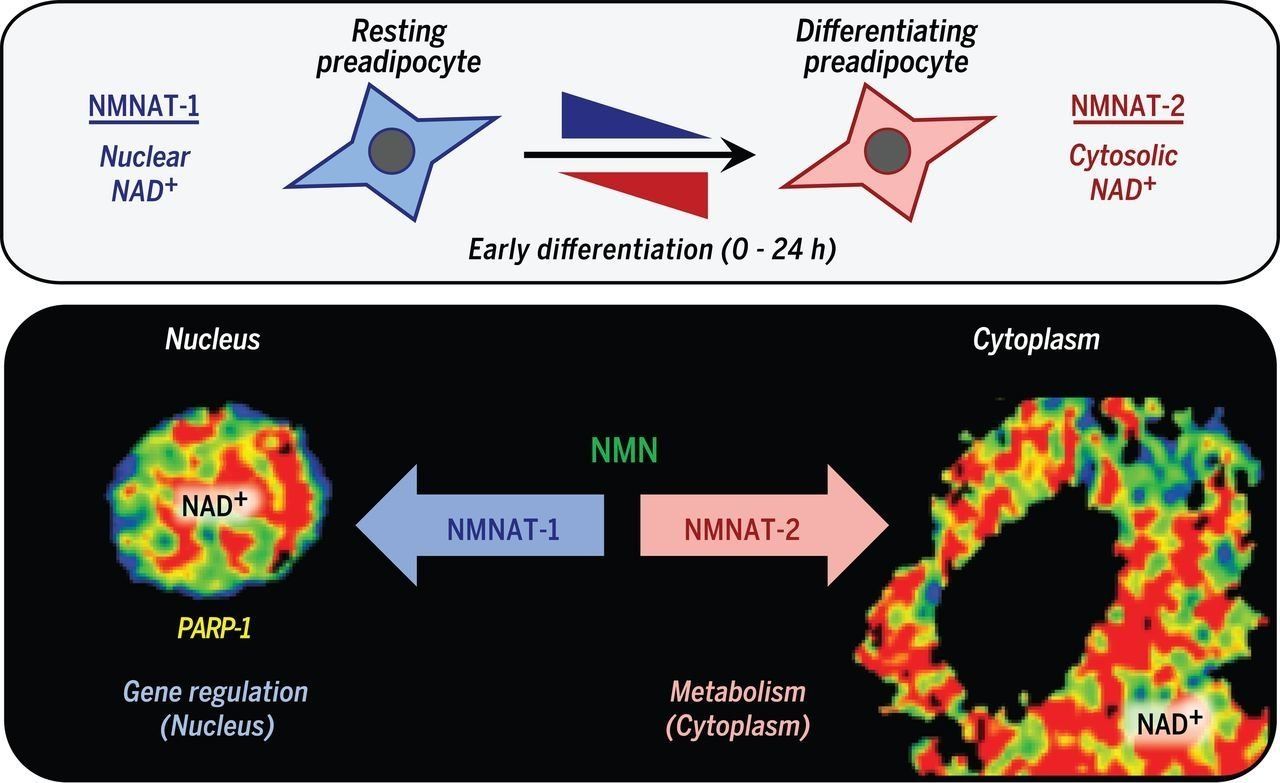May 14, 2018
Could technology help cure depression among older adults? (Short answer: Yes)
Posted by Alvaro Fernandez in categories: biotech/medical, health, neuroscience
This is important because “the go-to treatment for many cases of depression is medication…this treatment option can cause as many issues as the problem it is trying to solve. Antidepressants can put residents at greater risk of falls, negative health complications and other poor conditions…studies indicate that antidepressants may not be effective for most older Americans. (Additionally) Medication adherence is another significant challenge.”
___ Why technology — not medication — is the future of treating older adults with depression (McKnight’s Long-term Care News): “The go-to treatment for many cases of depression is medication. Unfortunately, this treatment option can cause as many issues as the problem it is trying to solve. Antidepressants can put.

